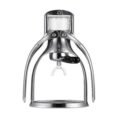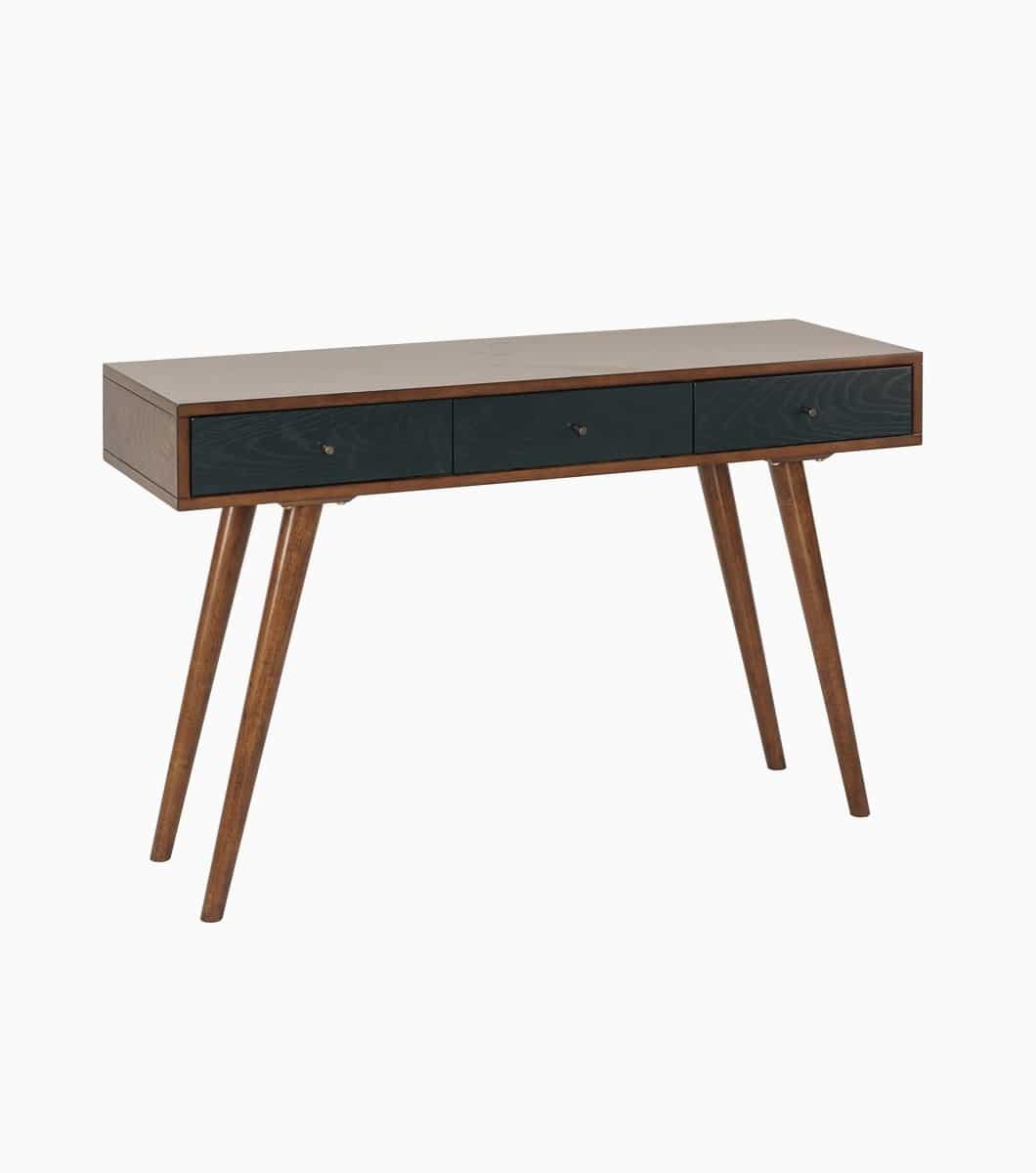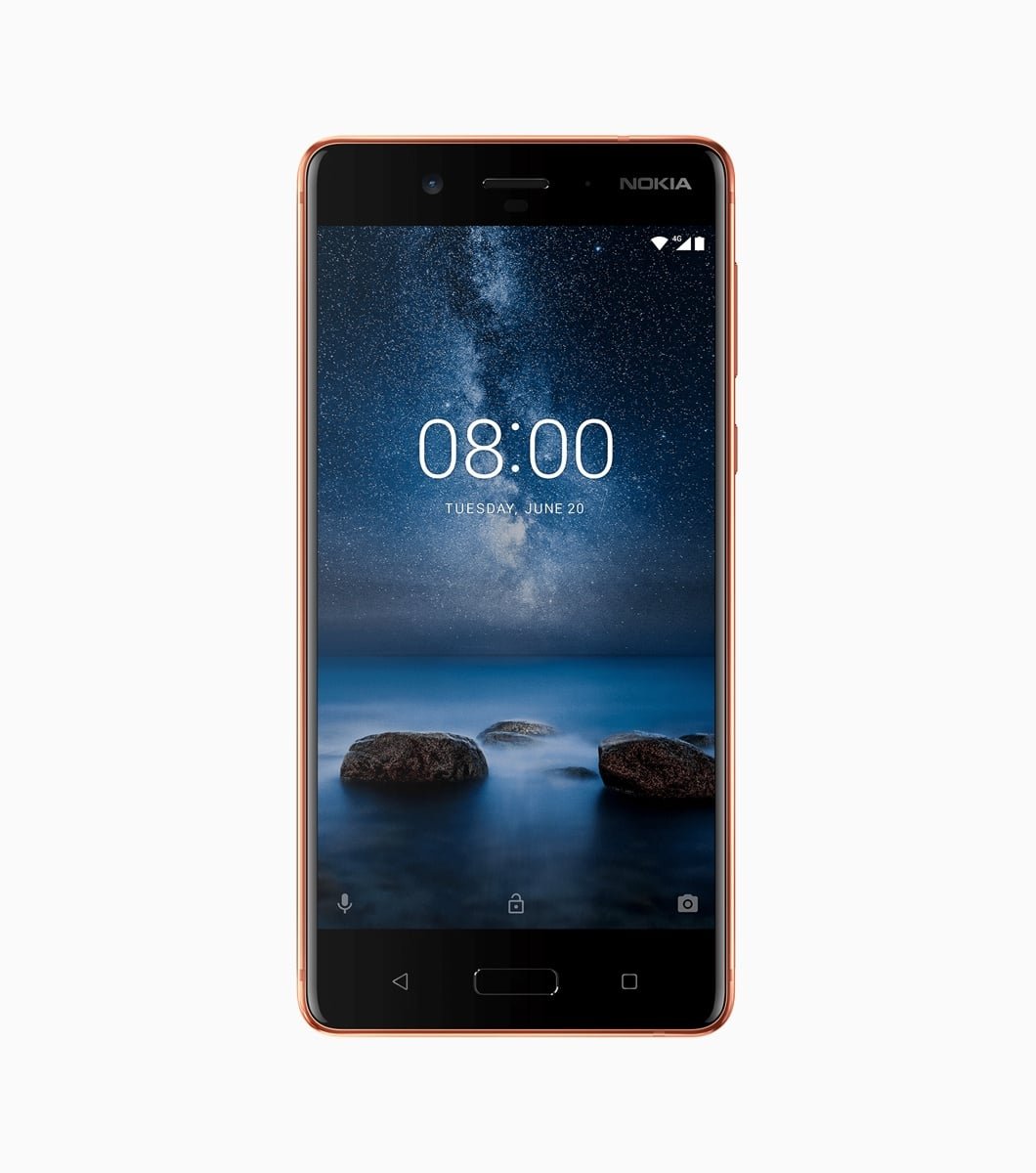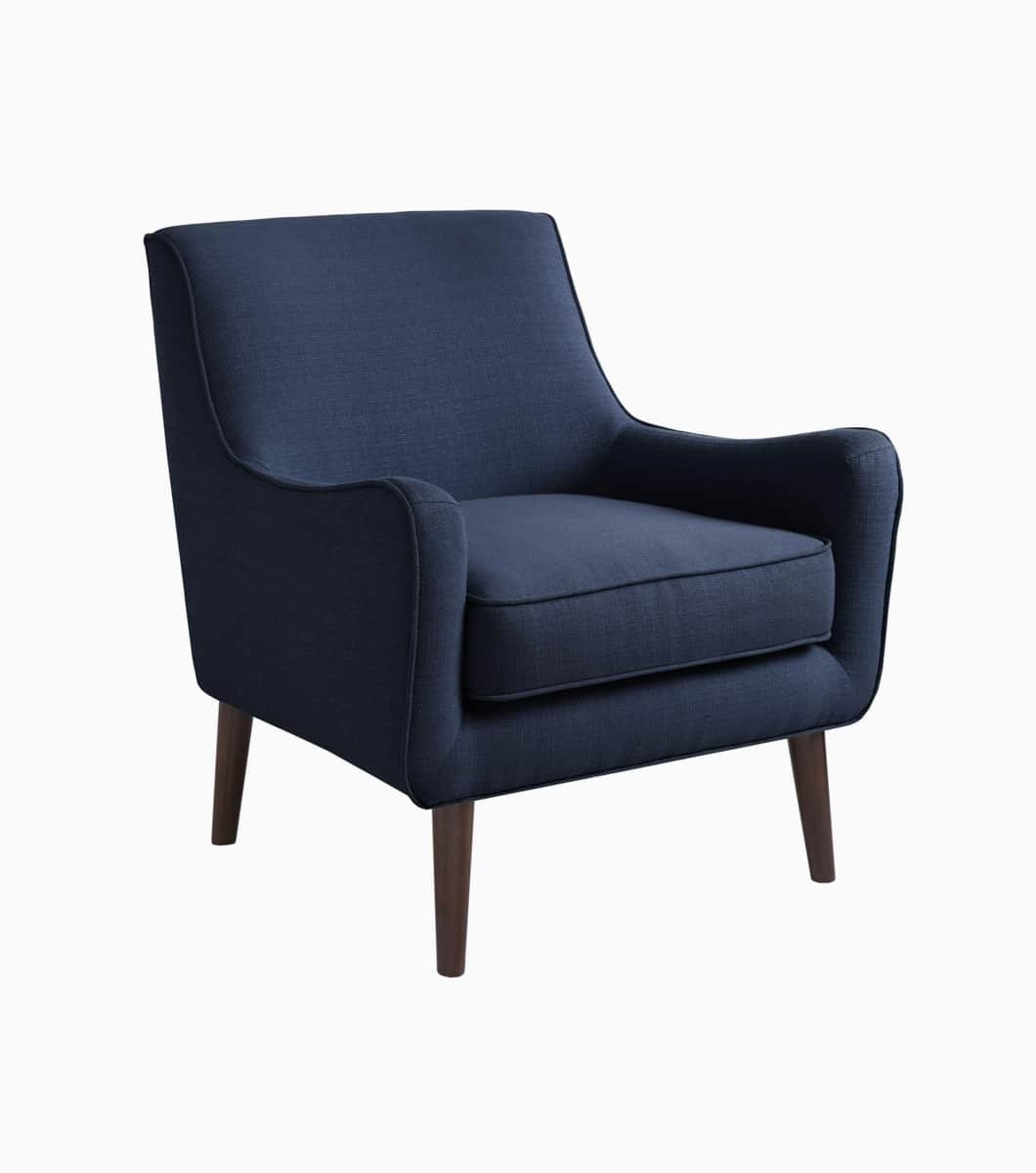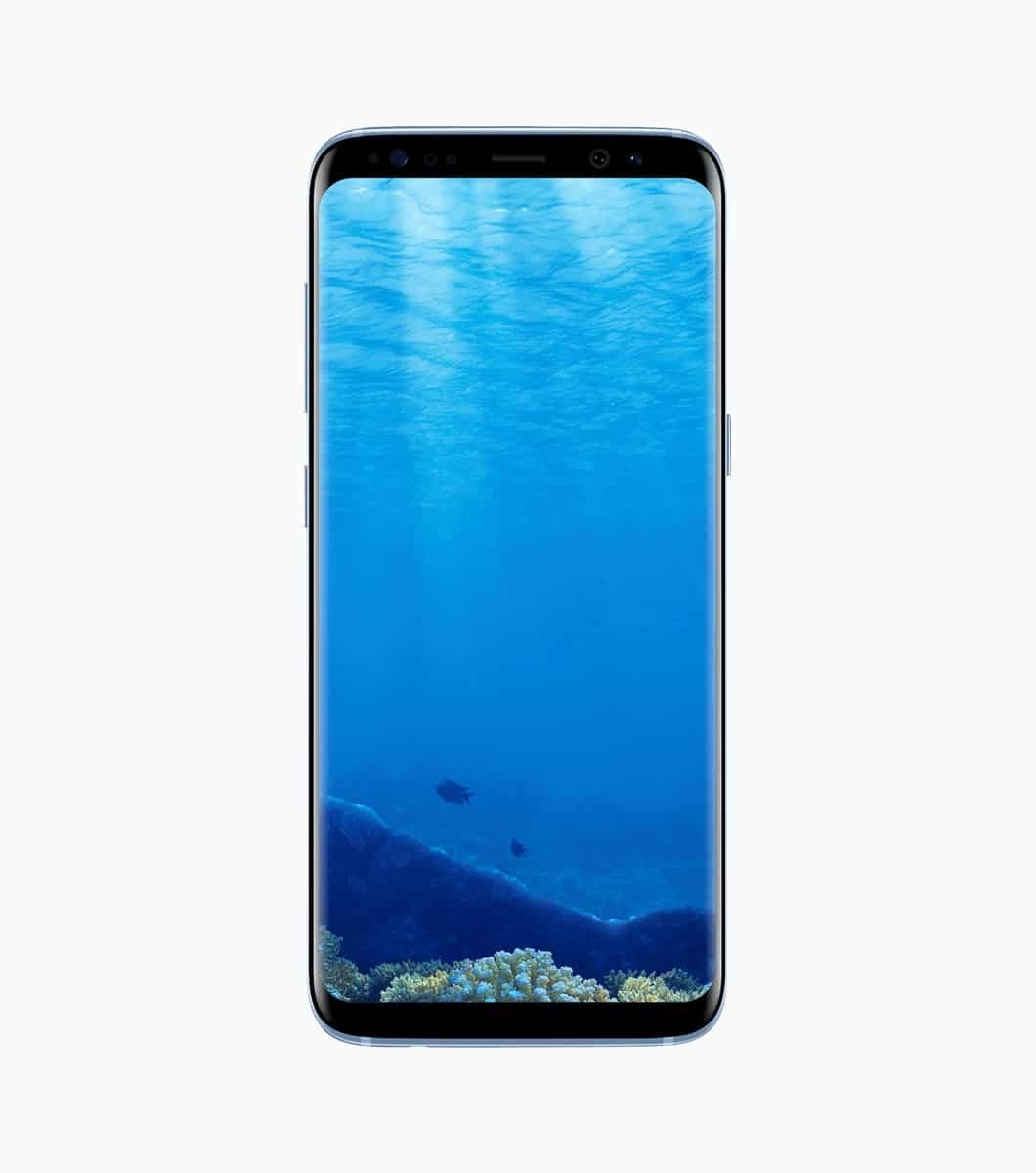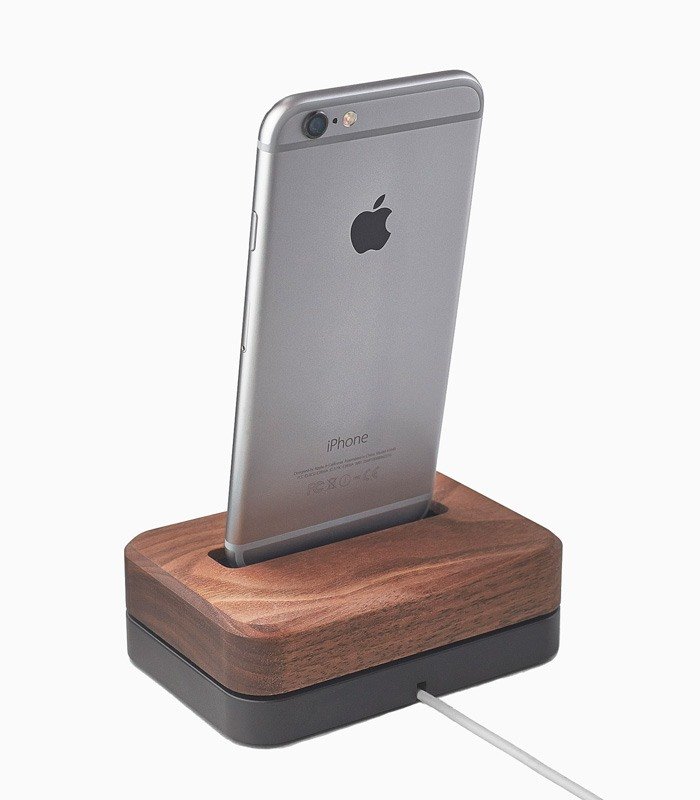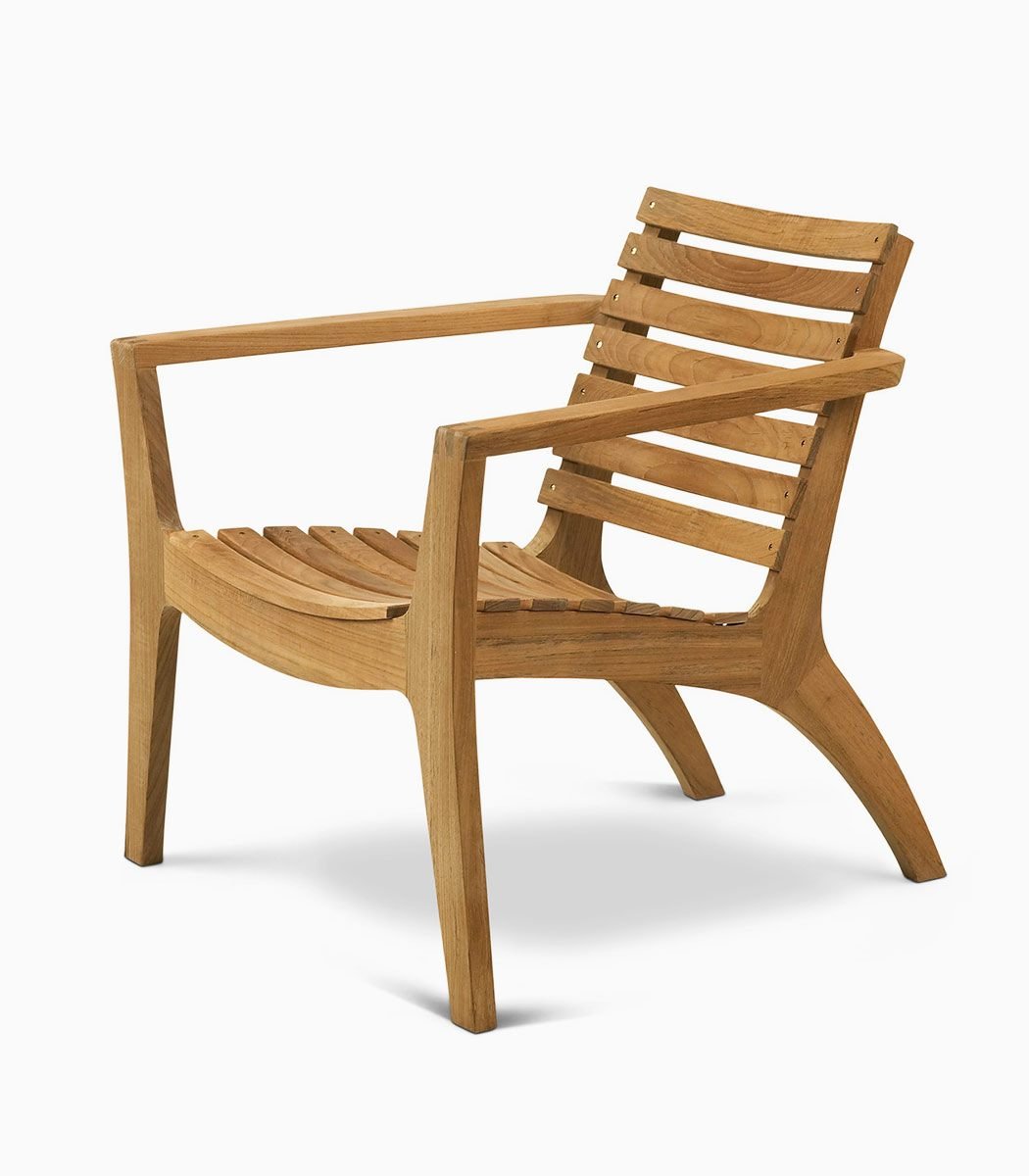Defining the Only-Store Phenomenon
The concept of an only-store represents a distinctive retail model characterized by its exclusivity and specialized offerings. These establishments focus on providing a curated selection of products that are often unavailable in conventional retail environments. This limited product availability is a crucial element of the only-store phenomenon, as it creates a sense of scarcity and desirability among consumers. Shoppers are drawn to the idea of purchasing unique items that others may not have access to, heightening their overall experience.
Another defining aspect of only-stores is the emphasis on specialized merchandise. Unlike traditional retail outlets that offer a wide array of products across multiple categories, only-stores typically focus on a singular type of item or a specific niche. This clear concentration not only enhances the shopping experience by offering expert knowledge and guidance but also allows for a deeper connection between the brand and the customer. Consumers entering an only-store often expect a level of craftsmanship and quality that aligns with their desire for luxury and distinction.
The operational model of only-stores is further distinguished by their carefully curated shopping environments. These spaces are designed to evoke a certain lifestyle, where every detail, from product displays to customer service, reinforces the brand’s identity. As a result, visitors often find themselves immersed in a unique atmosphere, fostering not only a heightened sense of enjoyment but also encouraging repeat visits. The growing trend of only-stores reflects a shifting consumer preference towards individuality and personalized experiences in shopping. Brands that successfully embrace this model cater to discerning shoppers who seek not just products, but memorable experiences that resonate with their aspirations.
The Impact of Only-Stores on Consumer Behavior
Only-stores have significantly influenced consumer behavior by tapping into innate psychological triggers such as exclusivity and scarcity. These concepts play a pivotal role in shaping purchasing habits, as consumers are often drawn to the idea of owning something that is not widely accessible. The allure of an exclusive shopping experience creates a sense of urgency, compelling consumers to act swiftly to secure their desired items. This phenomenon is often reflected in increased traffic to only-stores during product launches or limited-time offerings, reinforcing the notion that scarcity can drive demand.
The emotional connection that consumers develop with only-stores is another crucial aspect of their impact on consumer engagement. By cultivating a unique brand identity and aligning with specific values or lifestyles, only-stores foster loyalty among their customer base. Consumers often perceive these retailers as curators of high-quality or trend-setting products, leading them to view purchases as a way to express their individuality and social status. This emotional investment encourages repeat visits and further purchases, solidifying the retailer’s position within the customer’s life.
Surveys and case studies illustrate the changing dynamics of retail spurred by the rise of only-stores. For instance, a research study found that consumers are more likely to develop brand loyalty towards stores known for their exclusive offerings. The growing trend of personalization in shopping experiences is also evident, with brands increasingly tailoring products and marketing strategies to align with specific customer preferences. As only-stores continue to evolve in response to these consumer dynamics, the future of shopping seems poised to prioritize personalization, catering to the desires of an increasingly discerning consumer base.



